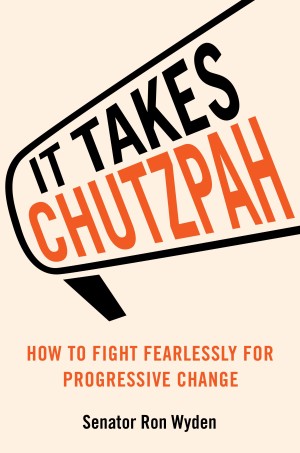Aunt Bird is an astonishing, hybrid poetry of witness that observes and testifies to social, political, and historical realities through the recovery of one life silenced by the past. Within these pages, poet Yerra Sugarman confronts the Holocaust as it was experienced by a young Jewish woman: the author’s twenty-three-year-old aunt, Feiga Maler, whom Sugarman never knew, and who died in the Kraków Ghetto in German-occupied Poland in 1942. In lyric poems, prose poems, and lyric essays, Aunt Bird combines documentary poetics with surrealism: sourcing from the testimonials of her kin who survived, as well as official Nazi documents about Feiga Maler, these poems imagine Sugarman’s relationship with her deceased aunt and thus recreate her life. Braiding speculation, primary sources, and the cultural knowledge-base of post-memory, Aunt Bird seeks what Eavan Boland calls “a habitable grief,” elegizing the particular loss of one woman while honoring who Feiga was, or might have been, and recognizing the time we have now.

Aunt Bird
Discussion Questions
Yerra Sugarman’s Aunt Bird is at once an exquisitely crafted, elegiac book of documentation and a feat of empathic imagination. In these lyric poems, Sugarman brings her twenty-three-year-old aunt — Feiga Maler, whom Sugarman never knew, and who died in the Kraków Ghetto — back to life, reimagining her world in Nazi-occupied Poland in 1942, and artfully outlining the impact her aunt’s memory had on her own worldview and psyche. Aunt Bird makes the intergenerational trauma of the Holocaust real and accessible to both Jewish and non-Jewish readers, and is a necessary book in a time of rising antisemitism and Holocaust denial. “To imagine no one completely vanishes is to believe a person does not endure only as a body,” writes Sugarman, and these rhythmic laments become a yizkor-bukh for one woman — an astonishing act of reparation.

Help support the Jewish Book Council.



